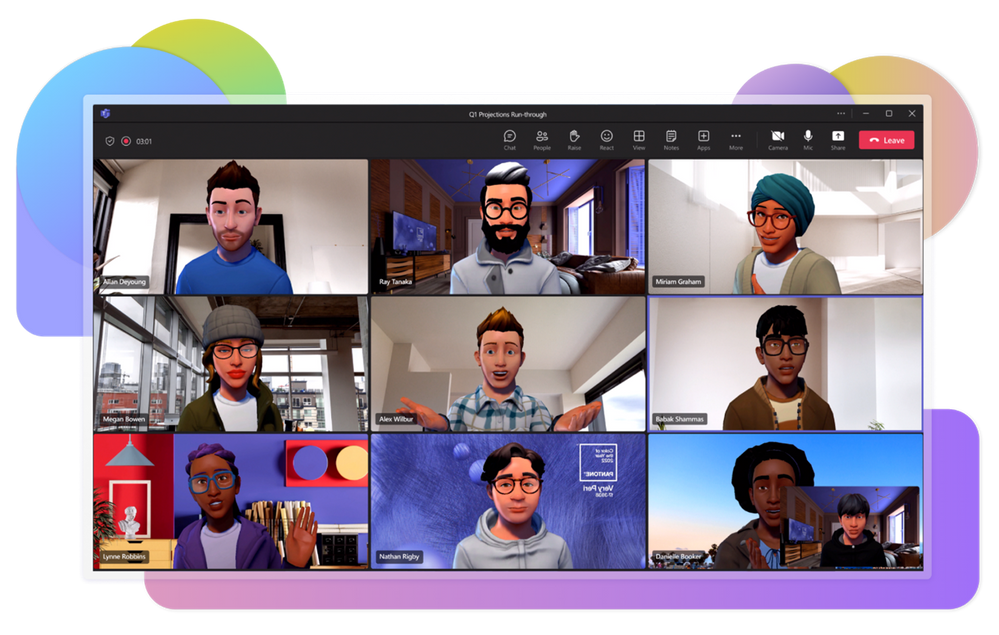
What you need to know
- Microsoft Teams has several new ways to immerse yourself in meetings and conversations.
- Avatars for Microsoft Teams are now generally available, allowing users to join meetings with 3-D models.
- Immersive spaces for Microsoft Teams are now in private preview as well.
Microsoft Build is full of announcements for developers, but some handy features for general users have been announced at the conference as well. Avatars are now generally available for Microsoft Teams users with Microsoft 365 Business or Enterprise licenses. Microsoft also announced private preview support for immersive spaces today.
Avatars rolled out to Teams in a private preview in October 2022. Microsoft then improved them to make them appear more realistic. Public preview testing began in March of this year. Now, anyone with a supported license can join a meeting with an avatar.
You can customize the look of your avatar, including physical features and clothing. Reactions are also customizable, so you can express yourself without having to be on camera.
Immersive spaces for Microsoft Teams are a new experience powered by Microsoft Mesh. They let people interact with each other inside virtual areas. Support for spatial audio and the ability to walk around should make conversations feel more natural than looking at a flat wall of video feeds.
> Windows 11 feature drop arrives TOMORROW, here's what's new
> Microsoft Store enhanced with the power of AI
> Windows 11 on ARM just got a big boost
> Windows 11 is getting its own integrated AI assistant, powered by Bing Chat and ChatGPT
> Microsoft 365 Copilot now works with plugins, making it much more powerful
Immersive spaces support both PCs and virtual reality headsets and work with users who join a meeting with a video feed from a webcam or an avatar.
Private preview testing for Immersive spaces starts this week.
Interestingly, Microsoft's press materials for these features did not mention the word "metaverse," as the term that has fallen out of fashion. The idea of the metaverse gained a lot of traction but has since fizzled out. Microsoft may want to promote the specific experience within Teams rather than the general concept of a metaverse, though that's merely speculation.







